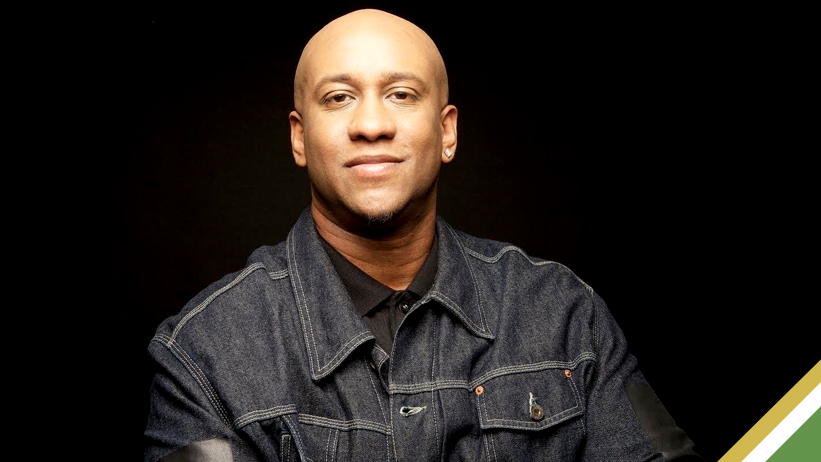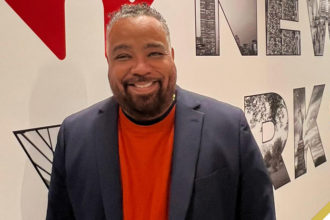On Thursday, Jamaican record producer, artist manager, and educator Jeremy Harding delivered some pointed remarks with a blunt assessment of label breakups, declaring that “entertainers rarely part ways amicably with record companies—in most cases, they are dropped due to non-performance.” Speaking on Irie FM’s Easy Skankin show with K’Shema Francis, Harding challenged the carefully curated narratives often seen on social media. “It’s garbage—nobody mutually parts ways in record contracts,” he said. “You get dropped. It’s as simple as that.” His remarks follow the announcement by dancehall star Shenseea that she is now an independent artiste, having quietly ended her five-year run with Interscope Records in November 2024.
Shenseea, one of the most globally recognized names in contemporary dancehall, responded to her label exit with confidence and clarity, stating via Instagram Story, “I feel like I can find back a lot of fun and passion in my music right now.” With 7.2 million monthly listeners on Spotify and seven nominations at the 2025 Caribbean Music Awards—tying with Masicka—her stats suggest anything but a fading star. However, Harding remains skeptical that independence can sustain long-term global success: “Independent artists, just using social media and those kinds of tools, will always keep you on that buzz level with your little community. You’re not going to get on major television networks anymore. You’re not going to get big collabs with big artistes anymore. You’re not going to do big tours anymore. None of that—if you’re not on a major label.”
Shenseea’s track record still shows there’s room for optimism. Her debut album Alpha peaked at No. 2 on the Billboard Reggae Albums chart in 2022, and Never Gets Late Here earned her a Grammy nomination in 2024. More recently, the Shake It to the Max (Remix)—featuring Moliy, Skillibeng, and Silent Addy—has gone viral across TikTok and Spotify, proving her continued relevance in the digital age. History also shows that Jamaican artists like Sean Paul and Damian Marley, though both tied to major labels at their commercial peaks, later navigated semi-independent or partnership models to maintain control without losing global visibility.
The debate raises valid questions about what it truly takes to thrive on the international stage. While major labels offer infrastructure and reach, today’s digital platforms empower artists with tools to build niche audiences and viral moments. Whether Shenseea’s move is a strategic pivot or a response to internal industry dynamics, one thing is certain: she has a point to prove to herself and her growing fanbase.












